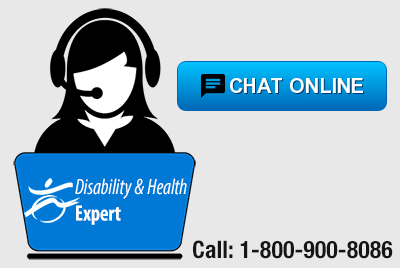By Carleton Rivers, MS, RD, LD
Why do we need carbohydrates?
- Gives your body energy.
- They let you run, jump, think, blink, breathe, and much more.
Carbohydrates, also called carbs, are sugars and starches that we eat and drink and use for energy or store as fat in our body.
Where are carbs found?
Carbohydrates are found in starchy foods like breads and potatoes, dairy products like milk and yogurt, fruit like apples and raisin, sweets like cakes and cookies, and drinks like soda and juice.
How can carbs make you gain weight?
If you are not very active, your body can turn the carbs you eat into fat instead of using it for energy to walk around the block or jog in place. This can make you gain weight which can be bad for your health.
Information modified from: Beth Marks, J. S. (2010). Health Matters: The Exercise Nutrition Health Education Curriculum for People with Developmental Disabilities. Paul H. Brookes Publishing Co.

